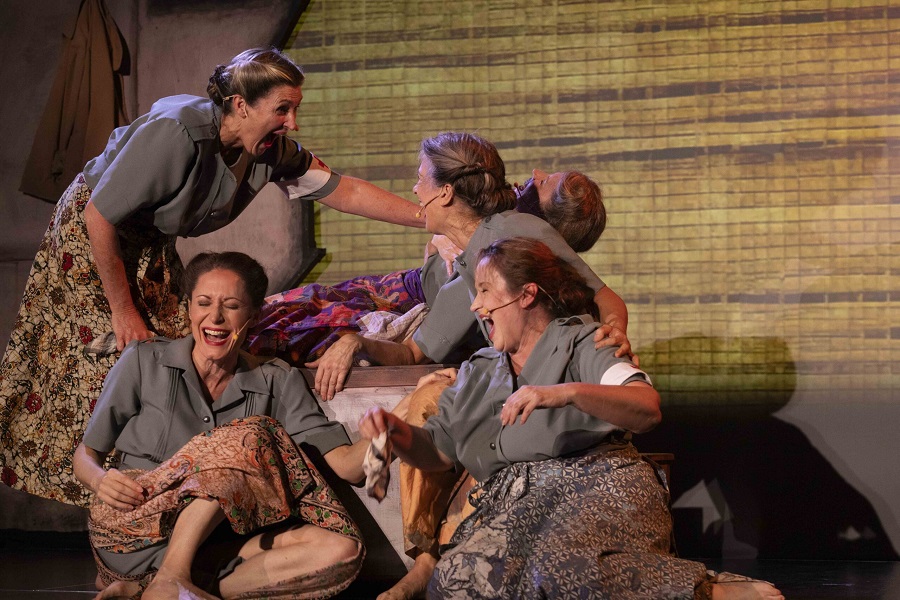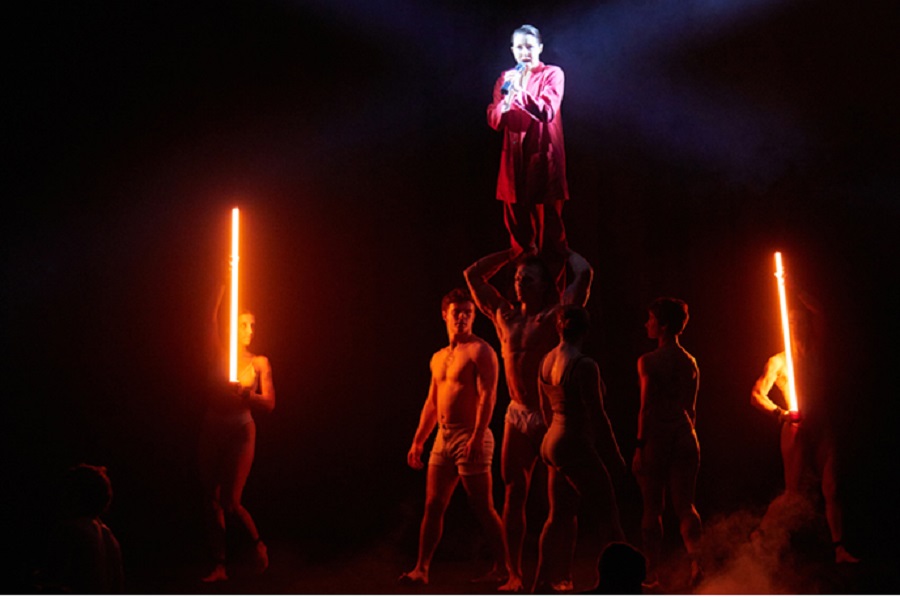
Music / “Expressionist Impressions”, soprano Sarahlouise Owens and pianist Katherine Day. At Wesley Music Centre, July 23. Reviewed by DANTE COSTA.
THE music of the past few centuries offers a diverse palette of styles and sentiments that has broadened the ability of the musical voice and its emotional reach.
Performing in Art Song Canberra’s “Expressionist Impressions”, soprano Sarahlouise Owens and pianist Katherine Day delighted their audience to an eclectic program of vocal and piano music spanning the last two centuries.
Owens noted that the program focused on the many emotions that are often unexplored and how expressionist music can be far reaching and engage the human psyche in with a much more realistic manner. Opening with Fauré’s “Nell Op18 No.1,” the duo’s magical sounds warmed the room almost immediately.
Select movements from Debussy’s “Cinq poëmes de Baudelaire” were then performed. The higher passages were shaped with careful consideration by Owens, suspended above the winding harmonies by Day at the piano.
Poulenc’s “Nocturne No.8” was performed by Day with incredible sensitivity and control. Overall, this piece is not as heavy as many of the composers later works, which served as a pleasant contrast between the intensity of the previous piece.
Next, the first three movements of Walter Jentsch’s “Sechs Lieder Op 24” – “Später Gedanken einer Bacchantin”, “Heut es kein Abend werden will”, and “Singt mein Schatz wie ein Fink” – provided a dramatic and illustrative element to the program. The contrasting movements included moments of intensity, met by lighter sections with a steady dance-like pulse.
Three short pieces by Max Reger based off various folk themes (“Glück Op 15, No.1”, “Walkeinsamkeit Op 76, No.8” and “Wenn die Linde blüht Op 76, No.4”) that combine idioms of late Romanticism and Expressionism.
Following a brief interval, the duo performed several works by Alexander von Zemlinsky, Robert Franz and Joseph Marx, which presented a curious blend of melancholy, innocent and mournful themes.
Day effortlessly conjured a kaleidoscope of magical sounds at the piano while Owens drifted in between different tone colours, demonstrating an engaging display of communication and musicality. Next were three works by Strauss – credited by Owens as epitomising the essence of expressionism – “Traum durch die Dämmerung”, “Ständchen” and “Ruhe meine Seele” that demonstrated amazing and imaginative dynamic variation and control by the duo. Ruhne meine Seele developed from a gentle “hum” into an intense and moribund finale.
The final piece of the program, Stravinsky’s “Pastorale” offered a lighter much more joyful character that was followed by a welcomed encore of Anna Bishop’s “Home Sweet Home”.
Who can be trusted?
In a world of spin and confusion, there’s never been a more important time to support independent journalism in Canberra.
If you trust our work online and want to enforce the power of independent voices, I invite you to make a small contribution.
Every dollar of support is invested back into our journalism to help keep citynews.com.au strong and free.
Thank you,
Ian Meikle, editor








Leave a Reply